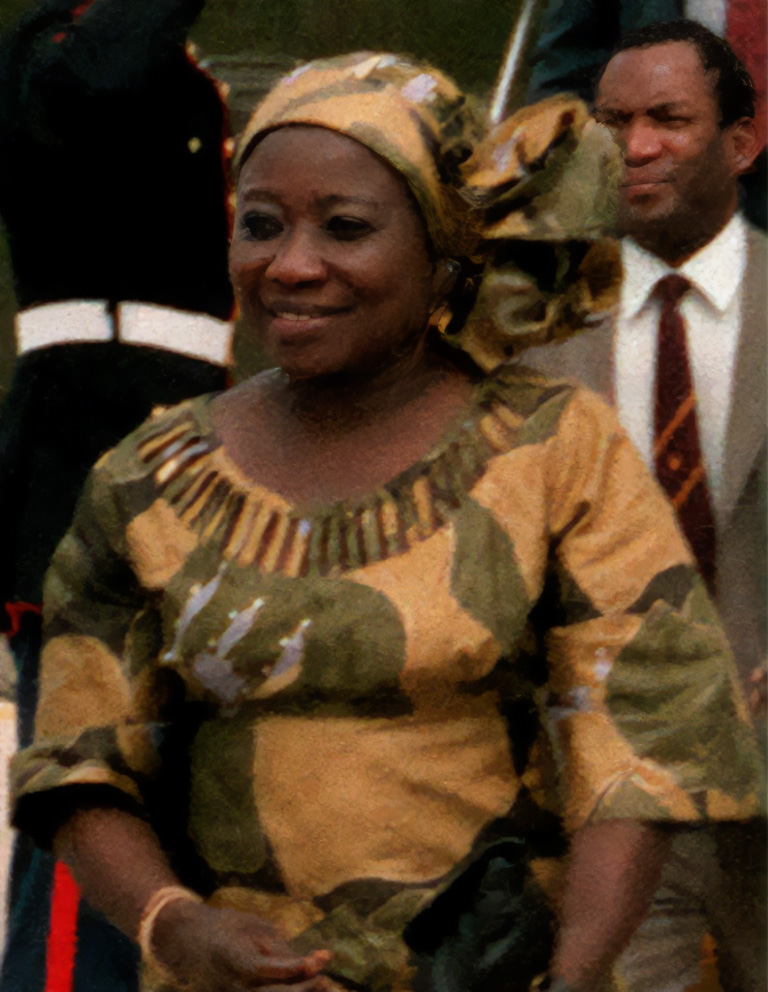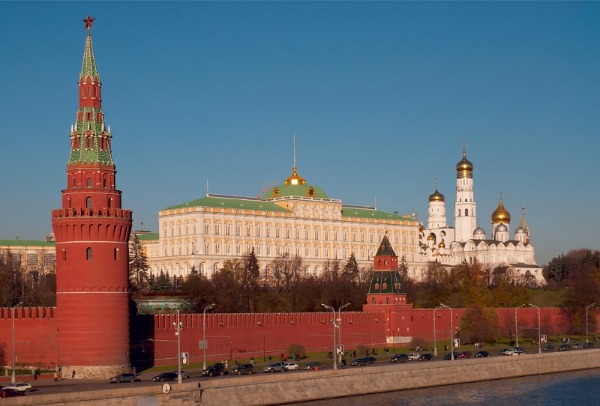angelburst29
The Living Force
Sep 06 2019 - Zimbabwe Ex-President Robert Mugabe Dies Aged 95

Former Zimbabwe President Robert Mugabe has died at the age of 95, President Emmerson Mnangagwa stated.
"It is with the utmost sadness that I announce the passing on of Zimbabwe's founding father and former President, Cde Robert Mugabe," Mnangagwa posted on Twitter early on Friday, Al-Jazeera reported.
"
Mugabe was an icon of liberation, a pan-Africanist who dedicated his life to the emancipation and empowerment of his people. His contribution to the history of our nation and continent will never be forgotten," he said, adding, "May his soul rest in eternal peace."
He was hospitalized in Singapore for months for an undisclosed ailment, Mnangagwa had confirmed earlier this year.
Officials often announced he was being treated for a cataract, denying frequent private media reports that he had prostate cancer. No further details were immediately available about the circumstances of his death or where he died.
Factbox: Key political figures in post-independence Zimbabwe
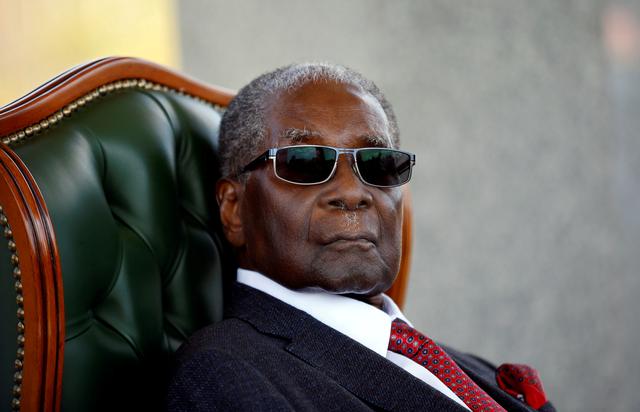
Robert Mugabe, the former guerrilla leader who led Zimbabwe for more than three decades, died aged 95 on Friday. Here are some of the key political figures that have played prominent roles in Zimbabwean politics since independence from Britain in 1980.
Factbox: Reaction to the death of former Zimbabwe president Robert Mugabe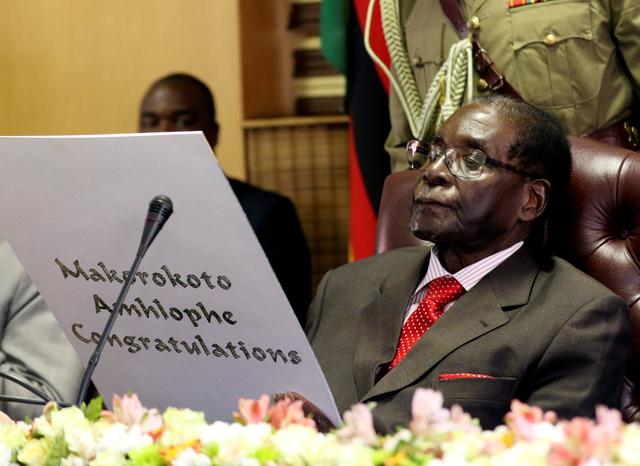
Robert Mugabe, the guerrilla leader who led Zimbabwe to independence in 1980, died aged 95 on Friday, two years after the army brought an ignominious end to almost four decades of his iron-fisted rule.
Timeline: A look at the life of Zimbabwe's late president Robert Mugabe
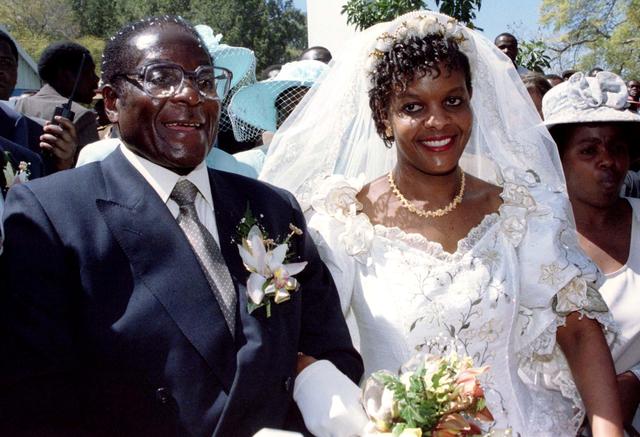
Following are key milestones in the life of Zimbabwe's former leader Robert Mugabe.

Former Zimbabwe President Robert Mugabe has died at the age of 95, President Emmerson Mnangagwa stated.
"It is with the utmost sadness that I announce the passing on of Zimbabwe's founding father and former President, Cde Robert Mugabe," Mnangagwa posted on Twitter early on Friday, Al-Jazeera reported.
"
Mugabe was an icon of liberation, a pan-Africanist who dedicated his life to the emancipation and empowerment of his people. His contribution to the history of our nation and continent will never be forgotten," he said, adding, "May his soul rest in eternal peace."
He was hospitalized in Singapore for months for an undisclosed ailment, Mnangagwa had confirmed earlier this year.
Officials often announced he was being treated for a cataract, denying frequent private media reports that he had prostate cancer. No further details were immediately available about the circumstances of his death or where he died.
Factbox: Key political figures in post-independence Zimbabwe
Robert Mugabe, the former guerrilla leader who led Zimbabwe for more than three decades, died aged 95 on Friday. Here are some of the key political figures that have played prominent roles in Zimbabwean politics since independence from Britain in 1980.
Factbox: Reaction to the death of former Zimbabwe president Robert Mugabe
Robert Mugabe, the guerrilla leader who led Zimbabwe to independence in 1980, died aged 95 on Friday, two years after the army brought an ignominious end to almost four decades of his iron-fisted rule.
Timeline: A look at the life of Zimbabwe's late president Robert Mugabe
Following are key milestones in the life of Zimbabwe's former leader Robert Mugabe.

